To go on an African lion safari is to step into a different world. Here, the air is still and you’ll find yourself listening for the deep, rumbling echo of a lion’s roar. Your expert guide will know where to look – for a massive paw print in the dust or the subtle sway of the grass – to reveal the silent, powerful story of a pride.
As you dream about your perfect South African safari – a true big-cat adventure – a specific question will probably arise: Why don’t lions attack safari vehicles?
In this article, we’ll delve into the behavioural patterns of lions, especially during safaris in South Africa. We’ll uncover the science behind why these majestic creatures, known for their predatory instincts, choose not to attack safari vehicles.
From understanding their perception of the vehicle to the role of safari guidelines and rules, this article presents a comprehensive view that will appeal to both adventure enthusiasts and wildlife lovers and give you a glimpse into what South Africa safaris are like.
Now let’s explore the answers to the question: why do lions not attack when you are in a safari vehicle?
Predator Perception: Why Lions Don’t Attack Safari Cars
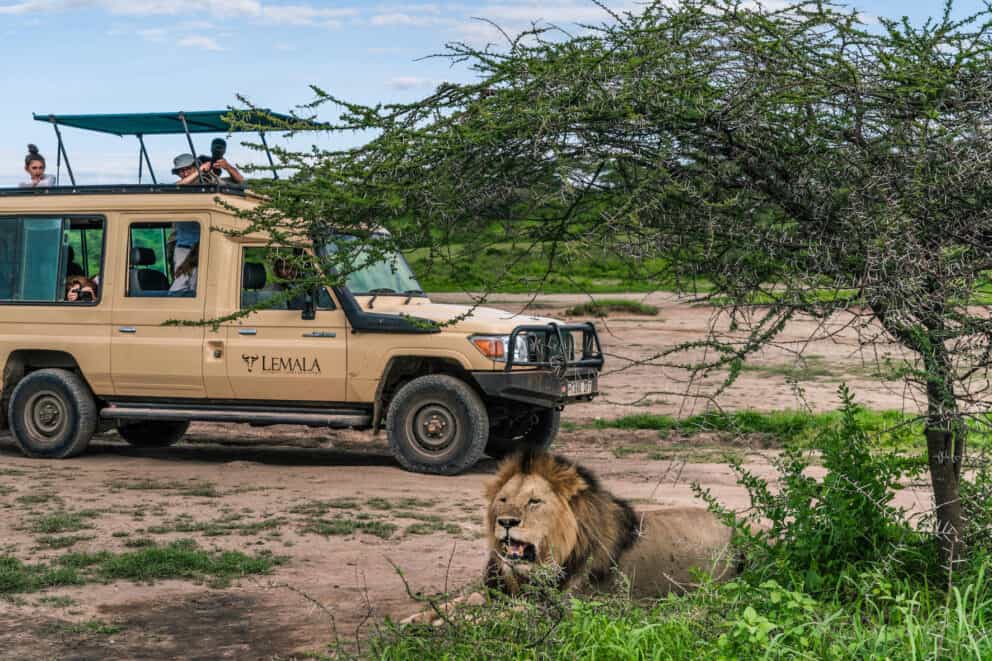
To understand why a lion avoids attacking a safari vehicle, it’s important to be aware of predator perception, which illustrates a lion’s thought process before attacking.
Lions are natural and instinctive hunters, and because they’ve evolved as predators for thousands of years, they follow their instincts when it comes to the things they see and interact with in their environment. There are two key reasons why lions attack when they do:
- They either see a specific target as food or a threat.
- A human on its own may fall into one or both of these categories, which is why lions may very well attack a human out in the open.
However, lion and human interactions become very different when a safari vehicle is involved. One of the reasons why lions don’t attack safari cars is because they understand the size difference between themselves and a vehicle.
Because a vehicle is much larger than a lion, lions do not see the vehicle as a source of food. The safety of the vehicle often prevents lions from viewing the humans inside as food as well. Also, there are lion prides in certain safari destinations that are used to the sight of safari cars, so they see them as non-threatening.
Safety measures are put in place to ensure responsible tourism practices, and these help keep lions from feeling threatened by approaching vehicles and ensure safe African lion safari experiences.
Responsible Tourism: Sustainable Africa Lion Safari Tours
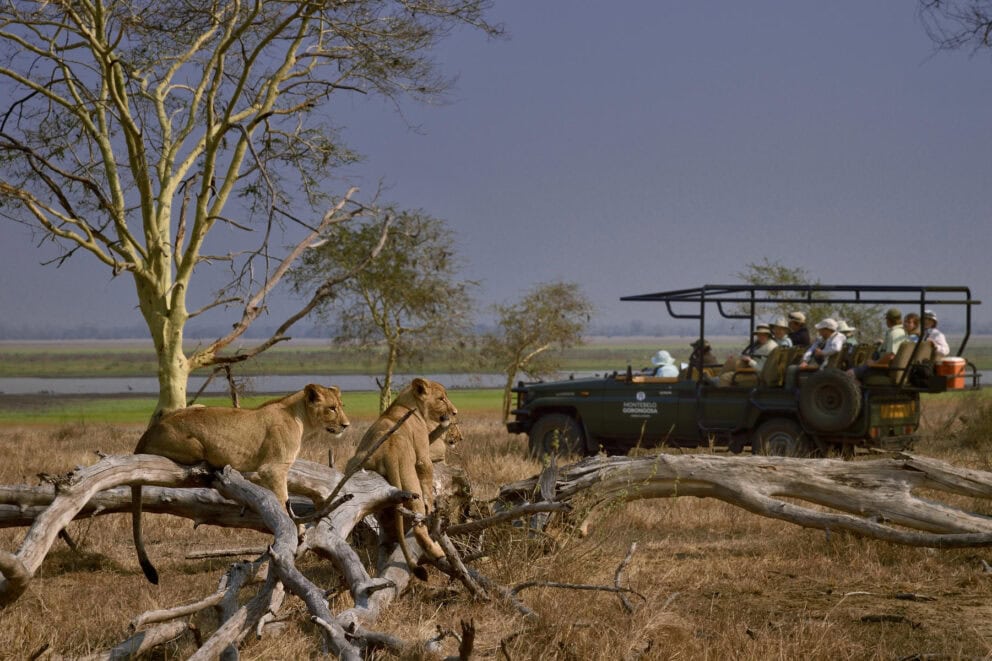
Safari coordinators and guides understand lion behaviour, and as such, they develop safari vehicle safety measures so that attacks are unlikely to occur. For example, vehicles are typically slow-moving around animals, which helps reduce the odds of surprising a lion in the wild.
Furthermore, during trips, passengers are instructed to remain in the vehicle at all times. You’re only allowed to get out of the vehicle at very specific spots for activities like sundowners.
Because coordinators are dedicated to wildlife conservation and practising responsible tourism, the approach they take with safari vehicles aims to infringe upon lion habitats as little as possible while still allowing tourists to observe these majestic animals while on a lion safari.
In some scenarios, lions may become curious about a safari vehicle and approach it to get a closer look. During these circumstances, safari guides will instruct passengers to keep their hands and feet inside the vehicle and remain both still and quiet until the lion loses interest.
A lion safari can offer a fascinating look into the lives of these big cats. However, it’s essential to choose a reputable and sustainable safari operator to ensure that your South Africa safari is safe and ethical for everyone involved.
Why Are Safari Vehicles Open?
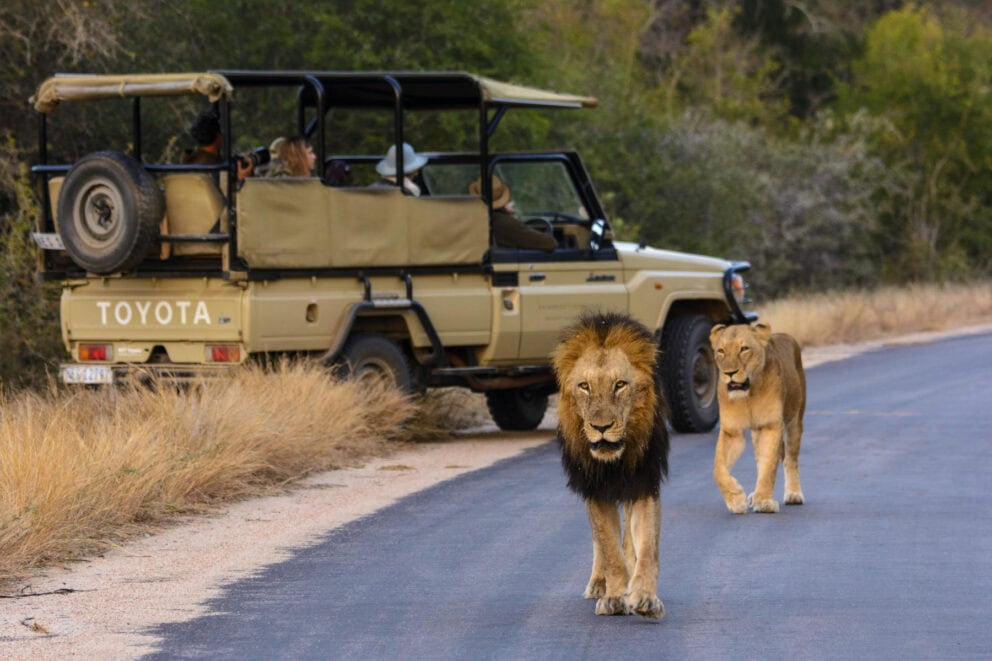
With predators walking around, why are African lion safaris conducted in an open vehicle?
It’s a question we get all the time, and the answer is simple: to make the experience truly a part of you. Without the barrier of windows, you’re not just watching the wilderness; you’re immersed in it.
You can feel the wind on your face, smell the wild earth, and hear the rustle of the grass. It’s an unfiltered, panoramic view that brings you closer to the heart of the bush than you ever thought possible.
South African safari packages include open vehicle game drives that will take you deep into the wilderness and give you the opportunity to connect with nature. This submersion in the wilderness is what truly adds to the magic of a lion safari.
Do Animals Attack Safari Vehicles?
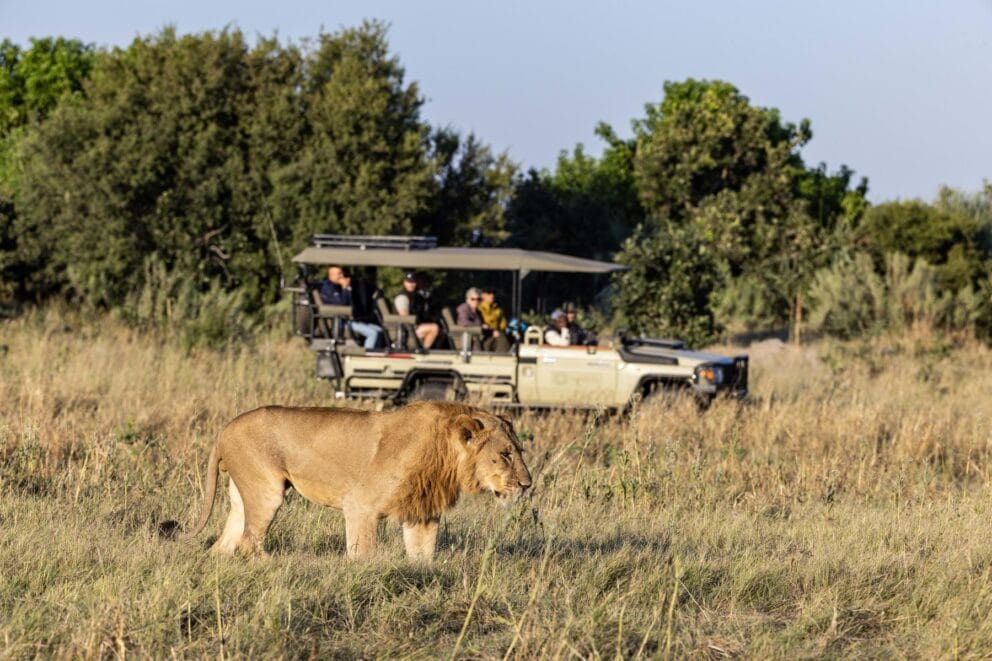
Lion attacks on safari vehicles are incredibly rare, both due to a lion’s natural instinct to hunt familiar prey and the safety protocols put in place by the coordinators. But what about other animals?
There have been some instances of animals attacking safari vehicles in the wild, but these are incredibly rare. These unfortunate events usually happen because the animal being viewed or approached feels threatened or safety protocols haven’t been followed.
Experience the Best of the Bush on a South Africa Safari Tour
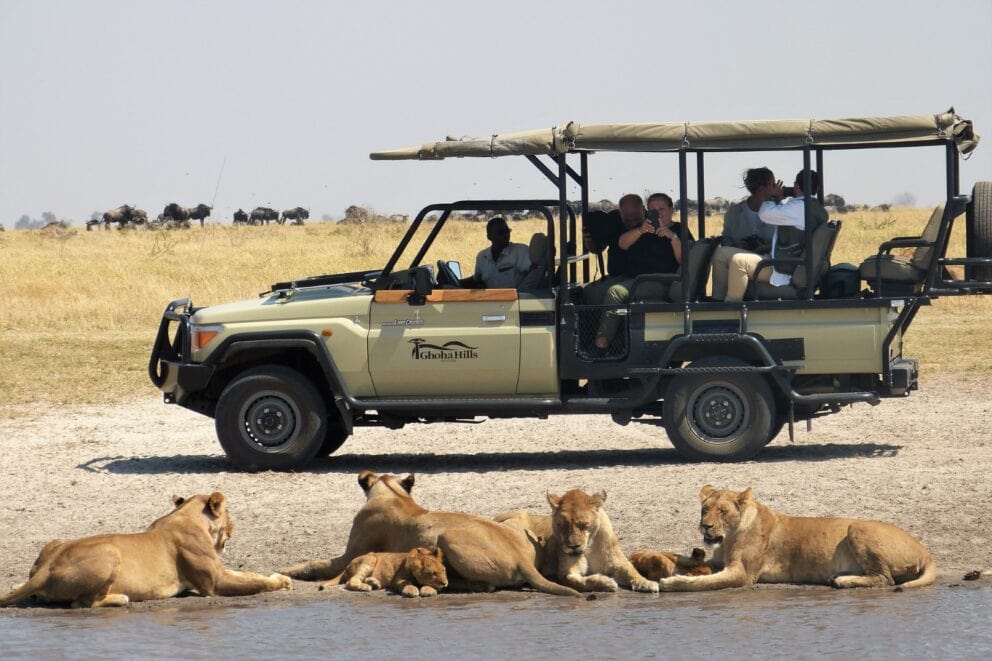
A South Africa safari tour offers an unparalleled opportunity to see the Big Five and so much more. From the world-renowned Kruger National Park, with its diverse landscapes and abundant wildlife, to the luxurious private game reserves of the Sabi Sand, there is a safari in South Africa to suit every dream.
Whether you’re looking for a romantic honeymoon escape, a thrilling family adventure, or an immersive photographic journey, a South African safari delivers. Speak to our experts about the best South Africa safari packages – that can include incredible sightings of lions! – to find the perfect African safari in South Africa for you.
Now that you understand why animals don’t attack safari vehicles, go further in planning your dream African lion safari. Be guided by on-the-ground knowledge on the best places to see these big cats and so much more.









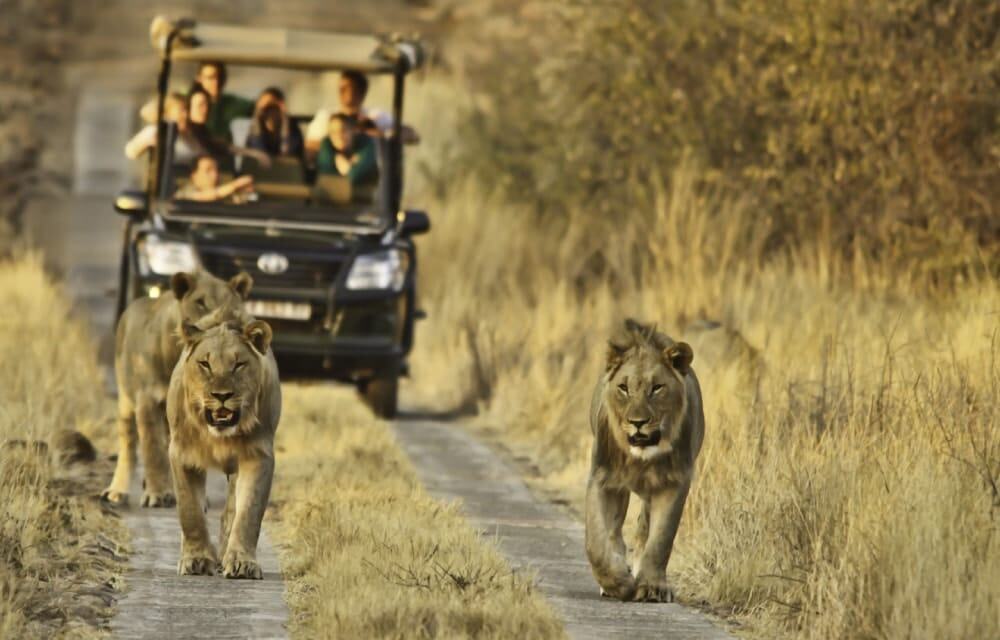
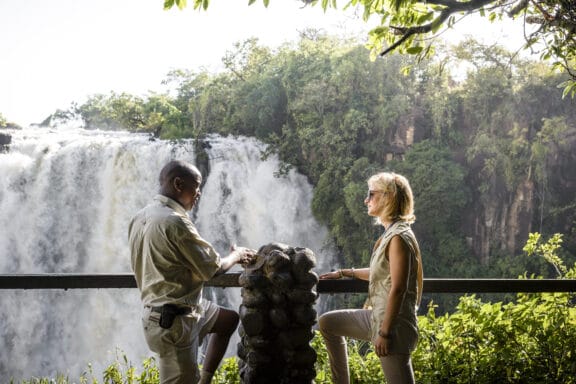
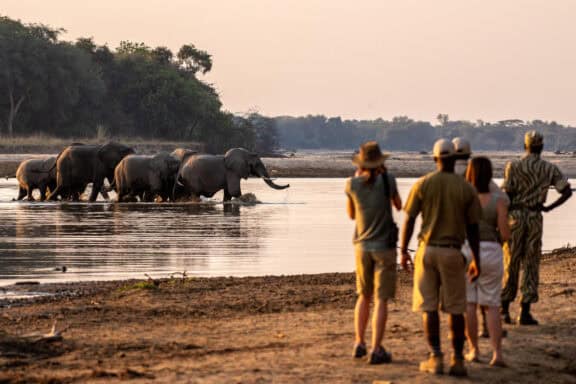

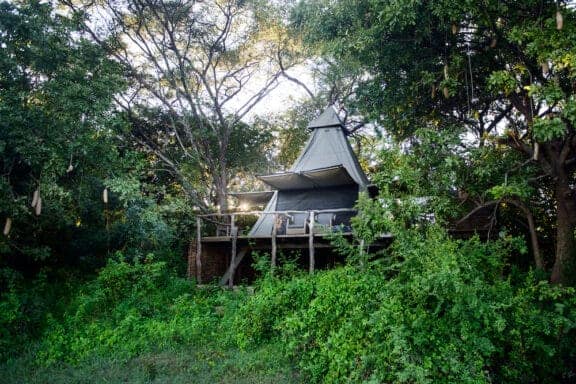


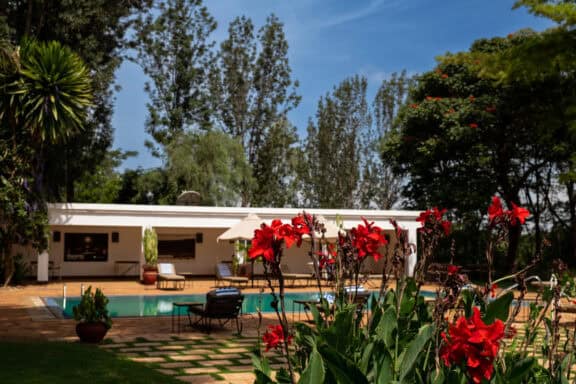


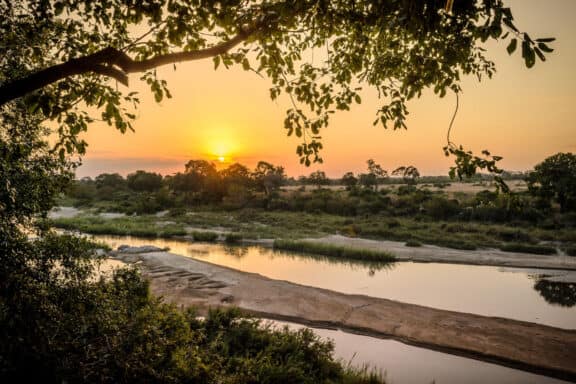
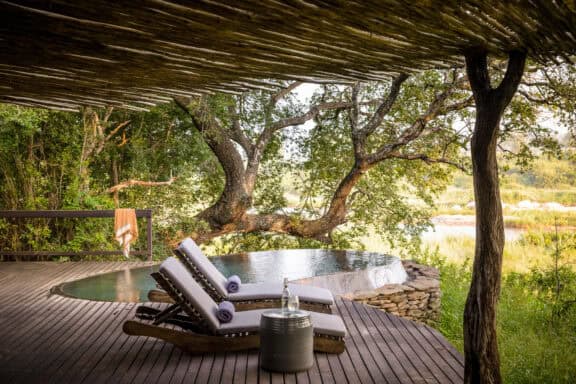
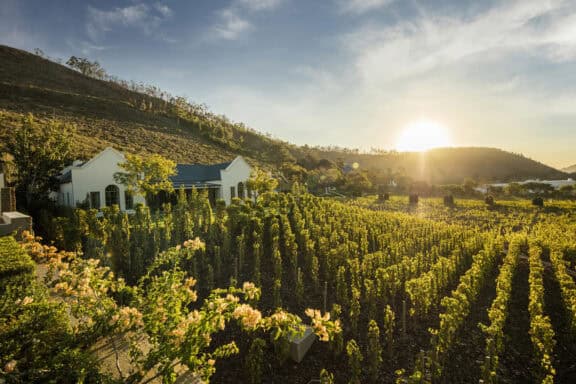



 Blog List
Blog List









Written by Gavin Denner
• Travel Writer
Verified by Adelle Bell
• Africa Safari Expert